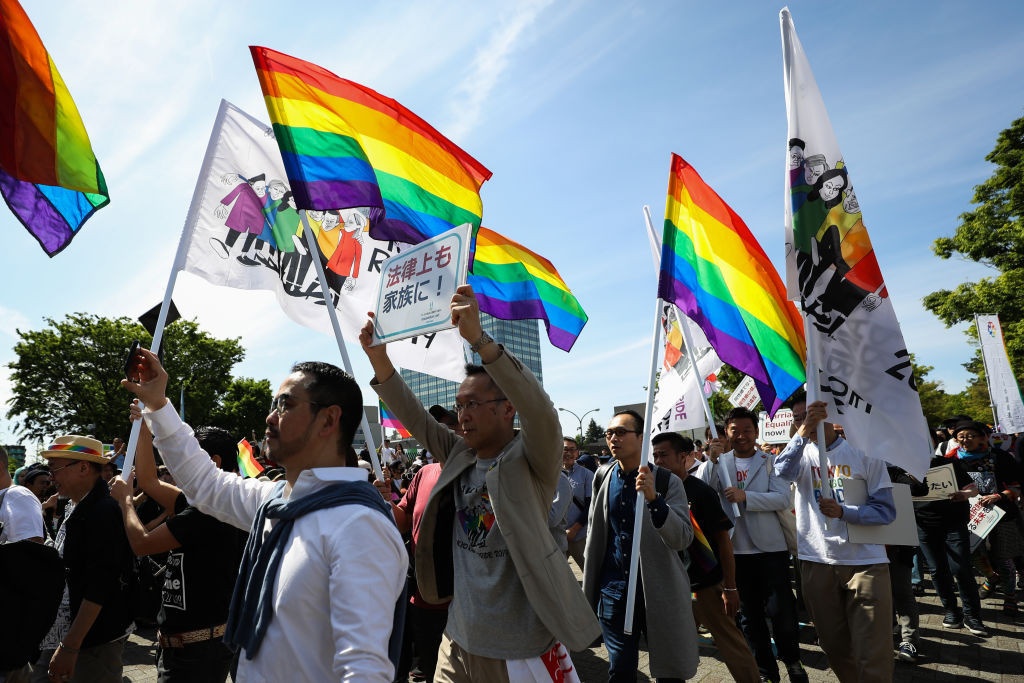Last month, several human rights groups and LGBTQ+ organisations sent a letter to Prime Minister Yoshihide Suga of Japan, calling for the introduction of new legislation that prohibits discrimination on the grounds of gender identity and sexual orientation.
This initiative is part of a bigger debate in Japan over legal protections for LGBTQ+ communities. The upcoming Olympic games are seen by many as a unique opportunity to drive change on a national level. The Olympic Charter has an anti-discrimination clause that specifically includes sexual orientation; in response to that, in 2018 Tokyo’s metropolitan government introduced an ordinance to protect LGBTQ+ people from discrimination. However, several groups and associations believe that what is lacking is a national approach to this type of legislation. In a statement, Yuri Igarashi, director of the Japan Alliance for LGBT Legislation (J-ALL), said that, currently, there is ‘only one known openly out active athlete’, while many still fear the stigma that might result from disclosing their sexuality.
And yet, according to a national public opinion survey cited on hrw.org, in November 2020, 88% of respondents indicated that they ‘agree or somewhat agree’ to the government passing legislation for the protection of sexual minorities. It is also noteworthy that, on the international stage, Japan was one of the countries supporting the United Nations’ Human Rights Council resolutions in favour of such protections in both 2011 and 2014, which arguably makes national progress on the same issues all the more urgent.
Athletes and LGBTQ+ organisations have a launched a #EqualityActJapan campaign, citing the Games Motto (‘United by Emotion’) and the main slogans of these Summer Games, all revolving around the themes of unity, diversity and togetherness. The power of the Olympics as a catalyst for social change has been proven on a number of occasions in the past, and it stems from both the international attention that the hosting country normally receives and the platform the games provide for athletes and others to speak out.
Meanwhile, Pride House Tokyo Legacy, Japan’s first permanent LGBTQ centre, has been officially recognised by the Tokyo 2020 Games and plans to work closely with the organising committee. Gon Matsunaka, the head of the centre, has confirmed that it will act as a community hub for sexual minorities during and after the games. Mr Matsunaka sees the Olympics as an opportunity for Japan to shine a light on and move away from outdated systems of male domination and gender discrimination. When considering these and other systemic issues, he is hopeful that his country ‘can put an end to them once and for all’.
Image Credit: Insiderthegames.biz

